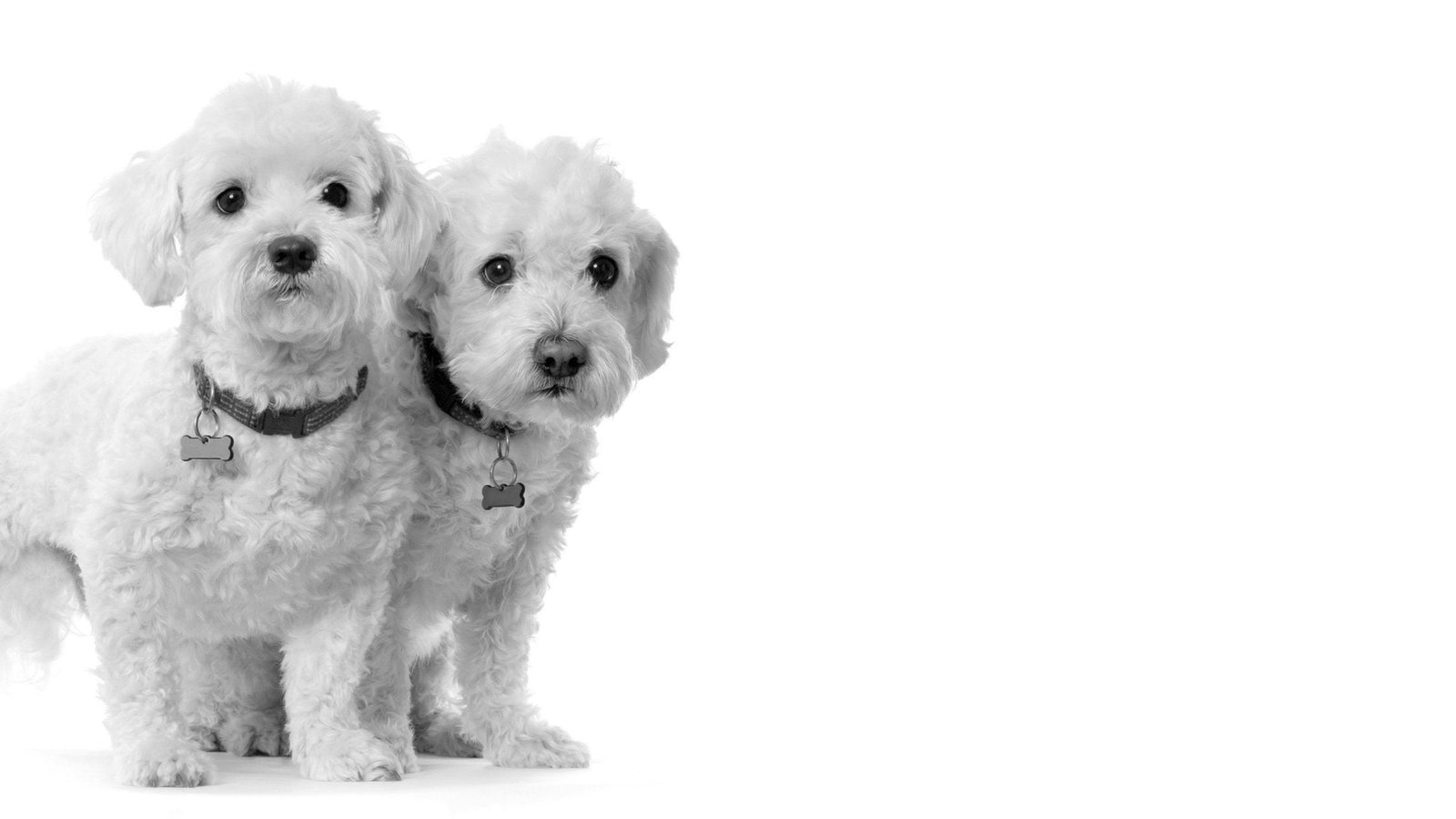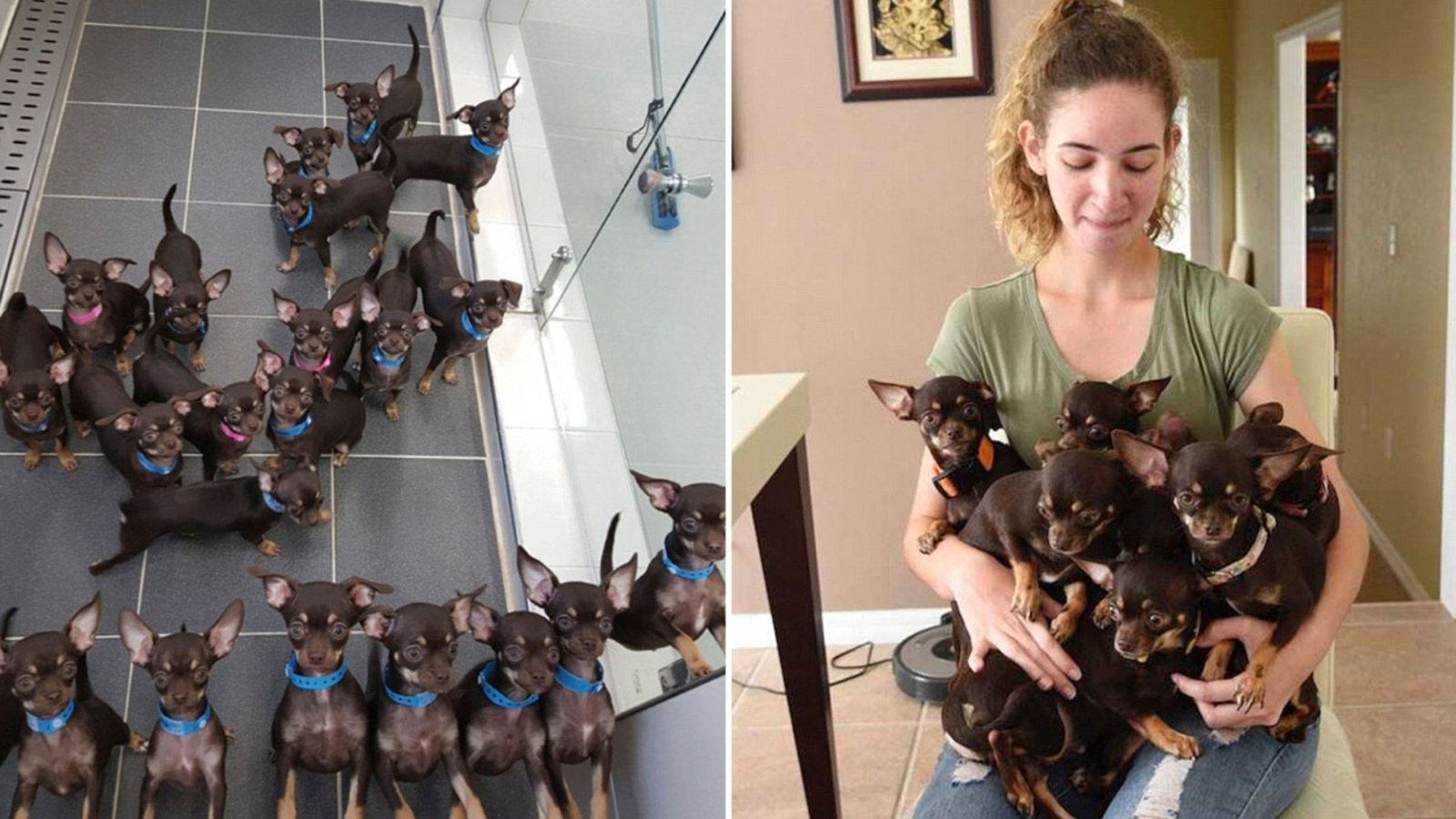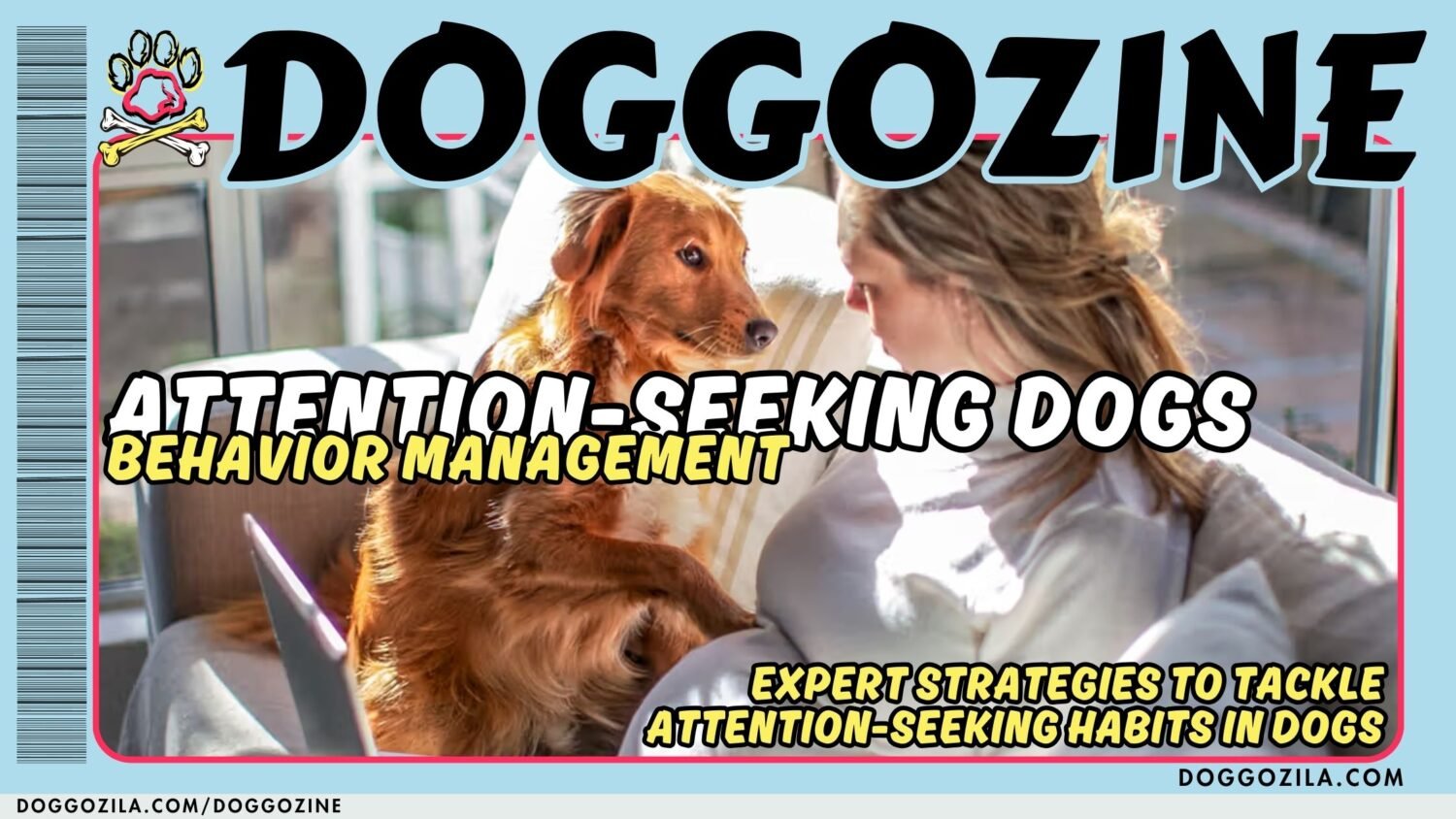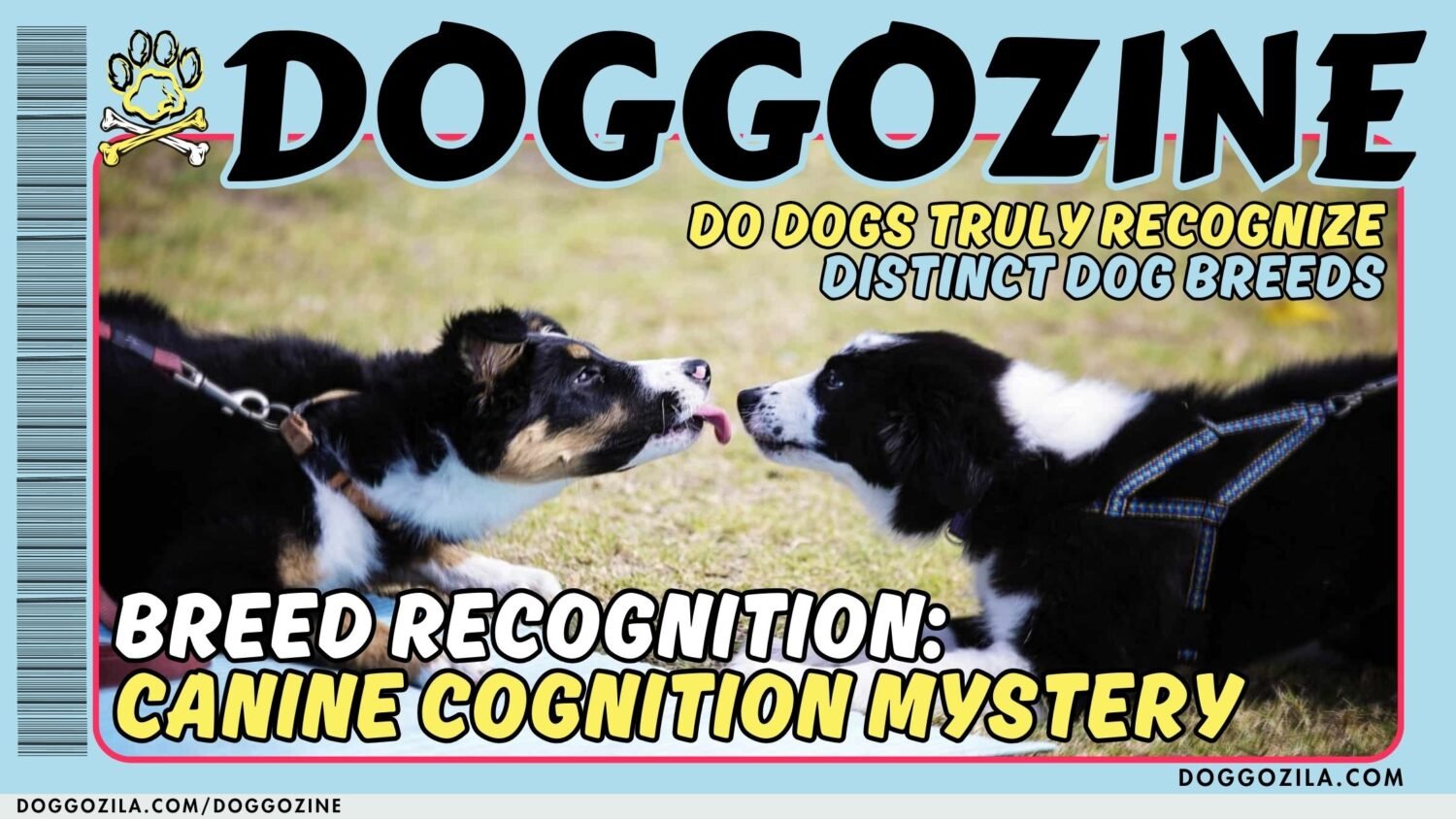Cloning dogs is a subject that makes many people curious. It lets dog owners keep having their beloved pets around. Dogs are often called “man’s best friend.” They offer special friendship, loyalty, and love to their owners. For many dog lovers, life without their furry friends seems hard to imagine. Many dogs become like family members. That’s why the idea of DOG cloning them seems appealing to some.

WHAT IS DOG CLONING?
To understand dog cloning pros and cons, here’s how it works. Dog cloning uses advanced science to make a genetic copy of an existing dog. First, scientists remove the nucleus from an egg cell. Then they replace it with the nucleus from one of the dog’s cells. They implant this egg into a surrogate mother dog to carry and give birth to the cloned puppy.
The Pros of Dog Cloning
Keeping That Special Bond and Avoiding Health Issues are the main pros for start. Dog owners with an amazing bond might see cloning as a way to keep it going. Cloning makes an exact genetic replica of their beloved dog. This could let that unique relationship continue for more years. Cloning could help prevent genetic diseases common in some breeds. By cloning a healthy dog, future generations may avoid inheriting those diseases. Cloning may also let certain dog breeds to live longer, giving owners more time with their furry companions.
Sometimes, people get emotional support from their dogs. Dogs can give comfort and friendship to those who struggle with mental health issues. If a dog has been helpful to its owner, cloning the dog can provide continued emotional support. This can help the person deal with their challenges. Cloning can also help preserve rare and endangered breeds of dogs. By making genetic copies of these unique breeds, cloning prevents their extinction. It ensures these breeds continue to exist.
The Cons of Dog Cloning
However, dog cloning raises ethical questions. Critics argue it is unnatural and goes against the way life should be. They believe animals should reproduce naturally, not be copied in a lab. Additionally, dog cloning is very expensive. It often costs tens of thousands of dollars. This high cost means most dog owners cannot afford it. Only a few can benefit from cloning.
Cloned animals may also have more health problems than animals born naturally. The cloning process itself can cause genetic defects. Cloned animals might have weaker immune systems and shorter lifespans. Dog cloning can also impact the owner and cloned dog psychologically. The owner may expect the cloned dog to act just like the original dog. But the cloned dog may struggle to develop its own unique identity, separate from the dog it was cloned from.
Deciding to Clone Your Canine Pal
Cloning dogs offers dog owners a special way to keep their bond with their furry friends. While it lets you keep your dog’s genetics, it also raises ethical issues and potential health risks. The choice to clone a dog is deeply personal. You must carefully think about the pros and cons. It’s crucial to balance the emotional benefits against the ethical and practical concerns before pursuing dog cloning.

CLONING DOGS WORLDWIDE: LEGAL RULES AND SERVICES
The Fascinating World of Dog Cloning
Cloning was once a sci-fi idea. But now, cloning living things like dogs is real. The ability to replicate dogs has captured pet owners’ imaginations globally. Let’s explore the legality and availability of dog cloning services worldwide. We’ll shed light on this intriguing topic.
The First Cloned Dog: A Major Scientific Breakthrough
Snuppy, an Afghan Hound, was the first cloned dog. Born on April 24, 2005, in South Korea, Snuppy marked a big milestone in scientific achievement. Snuppy’s birth paved the way for more cloning advances. Since then, many other dogs have been cloned, exciting and concerning dog lovers.
LAWS AROUND DOG CLONING
Dog cloning is a complex topic with different rules in different countries. While some places allow it, others restrict or ban it. Let’s look at the legal situation for dog cloning around the world.
United States
The United States has no federal laws about dog cloning. Each state can make its own rules. As of now, no state bans dog cloning specifically. But you should check your local laws before trying to clone a dog.
South Korea
South Korea is open to dog cloning. It was the birthplace of Snuppy, the first cloned dog. The country has excellent cloning facilities and skilled scientists. So South Korea is a top place for pet cloning services.
United Kingdom
In the UK, dog cloning is legal but regulated. The government has rules to ensure cloned animals are treated ethically. These rules aim to protect animal welfare and prevent abuse of cloning.
China
China has no specific laws about dog cloning. But private companies offer cloning services there. The lack of clear rules raises concerns about ethics and animal treatment standards at these facilities.
Australia
In Australia, making cloned dogs is allowed currently. However, there are strict rules in place to protect the animals involved in the cloning process. These rules aim to minimize any harm or suffering for the animals. They focus on responsible cloning practices.

DOG CLONING AS A SERVICE TO THE COMMUNITY
While the legality of dog cloning varies, it’s important to consider the broader impacts of this technology. Supporters argue that cloning can serve as a valuable service to the community. It allows owners to preserve the genetic makeup of their beloved pets. It may also help replicate unique qualities.
One significant benefit is the potential to bring back cherished traits lost due to illness or old age. This can comfort grieving pet owners. It can provide renewed companionship.
Additionally, dog cloning contributes to scientific research and advances in veterinary medicine. By studying cloned dogs, scientists gain insights into genetic diseases. They can develop better treatments for cloned and non-cloned animals.
Considerations and Ethical Concerns about Dog Cloning
While dog cloning may seem promising, there are ethical concerns. Critics argue that the resources and expertise required could be better used for animal welfare initiatives. Examples include adoption programs and spaying/neutering campaigns.
Furthermore, the cloning process itself raises questions about the well-being of the animals involved. It is crucial to ensure that cloning procedures prioritize the physical and mental health of the animals and adhere to strict ethical guidelines.
It is also important to recognize that cloning does not guarantee the replication of a dog’s personality or behavior. While physical traits may be similar, the cloned dog may still exhibit distinct characteristics and develop its own unique personality.
Public thoughts on dog cloning
As the world of dog clones continues to evolve, it is crucial to navigate the legal and ethical landscape surrounding this technology. While the legality of cloning dogs varies across different countries, it is essential to approach this practice with caution and prioritize the well-being of the animals involved.
Ultimately, the decision to clone a dog is a deeply personal one, and it is crucial for pet owners to consider all the implications before embarking on this journey. By staying informed and engaging in responsible practices, we can ensure that dog cloning, if pursued, is carried out with the utmost care and consideration for the welfare of our beloved companions.

THE FASCINATING STORY OF MIRACLE MILLY: THE MOST CLONED DOG IN THE WORLD
Cloning has always been a topic of intrigue and controversy. From the cloning of Dolly the sheep to the recent advancements in cloning technology, the concept of creating an identical copy of a living being has captivated the scientific community and the public alike. One such remarkable case is that of Miracle Milly, the world’s smallest dog, who holds not only the title of being the tiniest dog in the world, but also the record for being the most cloned dog, having been recreated an astonishing 49 times.
The Little Dog with Big Fame
Milly, a tiny Chihuahua from Puerto Rico, became an internet star. She weighed only one pound and was 3.8 inches tall. Milly was the world’s smallest dog at that time. This record still stands today.
Milly’s size was not the only special thing about her. She had a lot of energy and playfulness. Milly’s cute nature made her owner, Vanessa Semler, very happy.
Cloning the Famous Milly
In 2011, scientists cloned Milly. They took a small piece of her skin. From this sample, they got Milly’s genetic material. This was used to create an identical copy of her.
The skin sample went to a lab. There, the scientists used cloning techniques. They moved the nucleus from Milly’s skin cell to an egg cell. The egg cell’s nucleus was removed first. The egg with Milly’s DNA was put into another dog’s womb. This dog gave birth to Milly’s clone.
Cloning Milly showed that beloved pets can be cloned. Their special traits can live on even after they die. This opened up new possibilities in cloning dogs.
Miracle Milly’s Legacy
Cloning Miracle Milly opened doors for animal cloning progress. It sparked more interest in saving beloved pets’ genes and copying their special traits.
After the first clone, Miracle Milly has been cloned 49 times, making her the world’s most cloned dog. Each clone carries Milly’s same genes, ensuring her unique qualities continue in every new generation.
Some think cloning is unethical, while others see it as a way to keep a pet bond alive after death. Recreating a cherished pet comforts those grieving a furry friend’s loss and lets their connection carry on.
The Future of Dog Cloning
Cloning Miracle Milly is just the start for possible cloning advances. As technology improves, so will our ability to duplicate and preserve pets’ genes.
However, we must approach this carefully. Cloning animals has complex ethical issues needing close review. While cloning may extend a pet bond, it raises questions about individuality’s value and manipulating nature’s potential consequences.
Cloning is a complex topic. We must weigh the benefits against ethical concerns. Careful thought and rules are needed. We need to protect animals’ well-being while advancing science.
Brief sum up on dog cloning
Miracle Milly was the world’s tiniest dog. Her story shows cloning can copy pets’ unique traits. Cloning animals is controversial. But Milly’s legacy opened new ways to preserve pet bonds.
Moving forward, we must thoughtfully examine cloning. We need to balance cloning’s benefits with respect for nature and animal welfare.
Explore further the subject of commercial animal cloning on Wiki Pages!

If you’re not ready for dog cloning, consider customized plush pet replicas!
Make your pet live forever with a lookalike stuffed animal. Great gift too!
Customize and order one with a click on the picture or click HERE!












